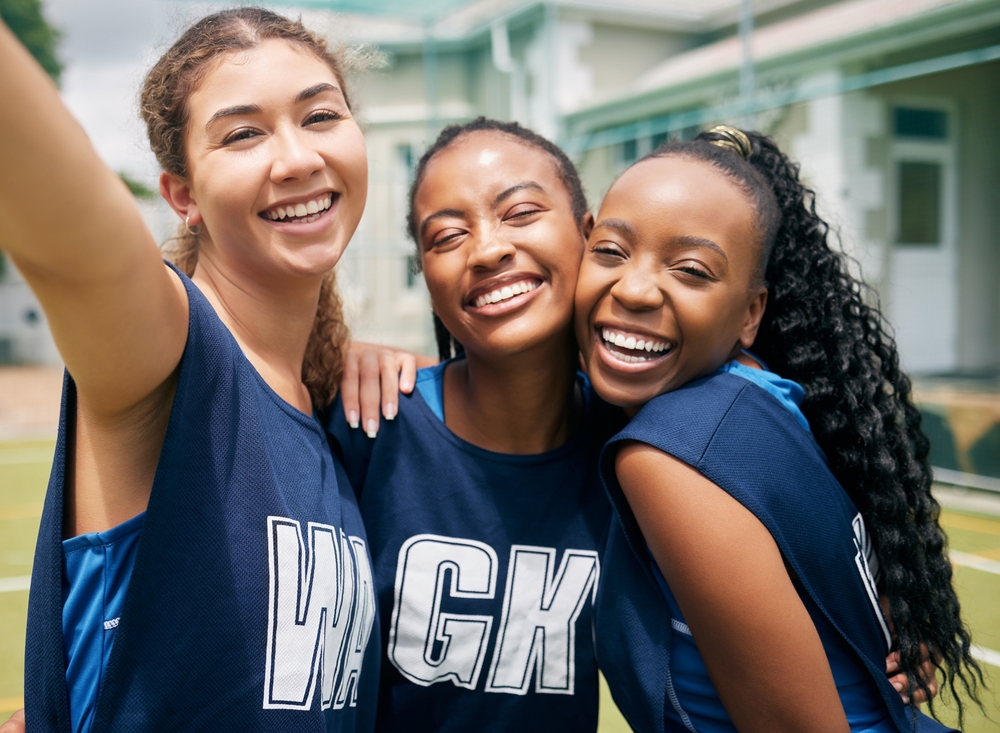Florida’s New NIL Law Removes Potential Restrictions for Student-Athletes
Florida’s New NIL Law Removes Potential Restrictions for Student-Athletes
Florida’s new name, image and likeness (NIL) law allows colleges and universities to help direct endorsement deals and other compensation toward student-athletes.
Florida was one of the of the first states to spearhead NIL legislation with the intention of providing its student-athletes to be compensated for commercial use of their NIL. Until last week, Florida included some restrictions that other states, which enacted laws after Florida, did not impose. HB 7-B, the Intercollegiate Athlete Compensation and Rights Bill, aims to reduce those barriers and increase access for student-athletes to benefit from NIL and was signed into law on February 17, 2023.
Since its enactment in 2021, Florida’s NIL law prohibited post-secondary educational institutions, as well as their booster organizations, from causing compensation to be directed to a current student-athlete for the use of his or her NIL. In October 2022, the NCAA issued additional guidance seeking to clarify its Interim NIL policy. The NCAA’s Interim NIL policy came into effect after the U.S. Supreme Court, in NCAA v. Alston, struck down the NCAA’s caps on student-athletes’ benefits in June 2021. The policy allows intercollegiate athletes to earn compensation for the use of their NIL within certain parameters. The NCAA’s new guidance clarifies that some involvement from post-secondary educational institutions are permissible and, in some cases, permitted in NIL matters. Thus, as it stood, Florida’s NIL statute was more restrictive than the NCAA’s policy and arguably limited exposure for student-athletes to NIL deals.
Florida Colleges and Universities Can Help Direct NIL Opportunities to Students
Because other states were rapidly becoming more attractive to top athletes, Florida wasted no time enacting new legislation to remove any potential restrictions barring student-athletes from capitalizing on the full benefit of their NIL as authorized by the NCAA. Consequently, this new law eliminates the prohibition on Florida’s post-secondary institutions and their support organizations causing compensation to be directed to a student-athletes. For example, post-secondary institutions can inform student-athletes about potential NIL opportunities and can work with a NIL service provider to administer a “marketplace” that matches student-athletes with those opportunities. They cannot, however, engage in negotiations on behalf of an NIL entity or a student-athlete to secure specific NIL opportunities.
Schools Must Offer Financial Literacy and Life Skills Workshops to Student-Athletes
Furthermore, the new Florida law expands the financial literacy and life skills workshops that post-secondary institutions must provide for their student-athletes. According to the statute, “a post-secondary educational institution must conduct at least two financial literacy, life skills, and entrepreneurship workshops, each for a minimum of five hours, before the graduation of an intercollegiate athlete. The workshops may not be identical, and the second workshop must include more rigorous instruction. The workshops may not be conducted in the same semester. Each workshop must at a minimum, include information concerning entrepreneurship, financial aid, debt management, and a recommended budget for full and partial grant-in-aid intercollegiate athletes based on the current academic years cost of attendance.” Fla. Stat. 1006.74(2).
Institutions and Staff are Protected from Liability
Florida’s new NIL law also includes a new provision that shields post-secondary educational institutions and their staff from liability for any damages to a student-athlete’s ability to earn compensation from the use of their NIL resulting from decisions and actions routinely taken in the course of intercollegiate athletics. See Fla. Stat. 1006.74(3).
With this new legislation, Florida expects to maintain its competitive edge by attracting top student-athletes looking to benefit from their NIL and earn a top tier collegiate education.
Other articles on this topic from our attorneys include:







